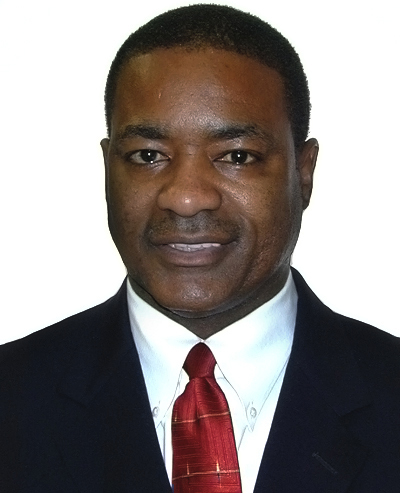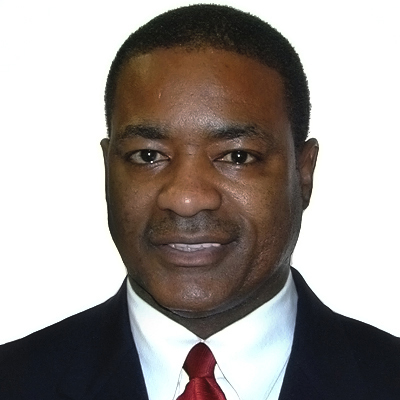 When I reflect back on my own 30-plus years spent in the field of youth development and my growth as a professional youth-care worker, I cannot help but think about the competent supervisors along the way who were willing to invest so much time and energy into my professional development. I can remember my first supervisor and our initial supervisory session. Here I was, fresh out of college and eager to get started, but I was as green as a green banana. My first youth-worker position landed me in a residential treatment facility for adolescent boys in New England.
When I reflect back on my own 30-plus years spent in the field of youth development and my growth as a professional youth-care worker, I cannot help but think about the competent supervisors along the way who were willing to invest so much time and energy into my professional development. I can remember my first supervisor and our initial supervisory session. Here I was, fresh out of college and eager to get started, but I was as green as a green banana. My first youth-worker position landed me in a residential treatment facility for adolescent boys in New England.
During my initial supervisory session, my supervisor defined our roles (supervisor and supervisee), and we discussed his expectations of me. He also wanted to know what I expected of him as my immediate supervisor. I remember his expectations being extremely well defined, while my expectations were indirect and somewhat nondescript, because I really did not know what to expect of my supervisor. He shaped the structure, frequency and objective of our supervisory sessions. He defined the difference between informal and formal supervision, and he explained the path that we would take to help me develop and grow professionally.
This experience typifies the term “intentional supervision,” a purposeful, formal supervision for a youth worker or other helping professional. Combining intentional supervision with the development of professional youth workers, we are talking about the purposeful use of formal supervision, mentoring and coaching to successfully impart knowledge and skills to assist youth workers in their professional growth and development journey.
While there is much emphasis on the role of training in the development of professional youth workers, we must acknowledge that most of the skills required to be a successful and competent youth worker are introduced on the job with the help of supervisors, mentors and coaches.
While my supervisor shared that he would work with me to increase my level of skills, knowledge and competency, he also made certain that I fully understood my role in this process. My professional development required a combined effort, and I was ultimately responsible for my own growth through holding him and others accountable in their roles, seeking opportunities for additional learning and training, and for my actual acquisition of knowledge and competency.
I learned a great deal from my first supervisor, and many who followed, about the supervisor’s role in youth-care workers’ professional development and growth. My personal philosophy to supervision is an eclectic approach based on my previous supervisors, supervisory trainings, and my supervisory and professional experience.
Supervisors can unfortunately limit the supervisor-supervisee relationship by boiling it down to simply holding the supervisee accountable for carrying out his or her job duties. Sure, accountability is a major component in the supervisor-supervisee relationship, but supervisors must acknowledge and accept that their responsibility to youth workers and to the profession is so much greater.
Supervisors have a moral and ethical obligation to help youth workers develop professionally. Agency leadership also plays an important role in youth workers’ professional development by ensuring effective, intentional supervision. Leadership must ensure program supervisors receive effective supervisory training and have access to the resources and supports necessary to create the conditions for the intentional supervision and professional development of youth workers.
Every youth worker significantly impacts both their program’s practice and service delivery system, and children and youth outcomes. Wouldn’t we receive better outcomes all around if we consistently invest in the youth workers’ development?
Lloyd Bullard, M.Ed., is CEO of LB International Consulting, LLC, based in metropolitan Atlanta.
This special series exploring professional youth work was developed in cooperation with The University of Oklahoma National Resource Center for Youth Services.
































